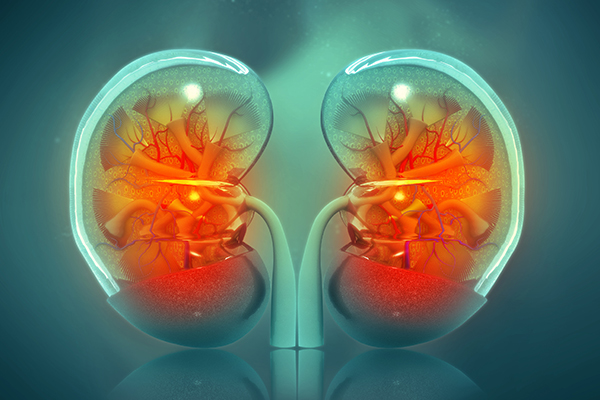For the very first time, a kidney of a pig has been transplanted into a human without triggering instant rejection by the recipient’s immune system, a potentially major advance that could eventually help improve a dire shortage of human organs for transplant.
At NYU Langone Health in New York City the procedure has been done which also involved use of a pig whose genes had been changed so that its tissues no longer contained a molecule known to trigger almost direct rejection.
The researchers told Reuters that the recipient was a brain-dead patient with signs of kidney dysfunction whose family agreed to the experiment before she was due to be taken off of life support.
The new kidney was attached to her blood vessels for three days and maintained outside her body, giving researchers access to it. Test results of the transplanted kidney’s function, transplant surgeon Dr. Robert Montgomery, who led the study said, “looked pretty normal.”
The kidney made “the amount of urine that you would expect” from a transplanted human kidney, he said, and there was no evidence of the vigorous, early rejection seen when unmodified pig kidneys are transplanted into non-human primates. The recipient’s abnormal creatinine level – an indicator of poor kidney function – returned to normal after the transplant, Montgomery said.
In the United States, nearly people are presently staying for organ transplants, including further than awaiting a order, according to the United Network for Organ Participating. Stay times for a order average three-to-five times. Experimenters have been working for decades on the possibility of using beast organs for transplants, but have been stymied over how to help immediate rejection by the mortal body.
Montgomery’s platoon theorized that knocking out the gormandizer gene for a carbohydrate that triggers rejection-a sugar patch, or glycan, called nascence- girl-would help the problem. The genetically altered gormandizer, dubbed GalSafe, was developed by United Rectifiers Corp’s Revivicor unit. It was approved by theU.S. Food and Drug Administration in December 2020, for use as food for people with a meat mislike and as a implicit source of mortal rectifiers. Medical products developed from the gormandizers would still bear specific FDA blessing before being used in humans, the agency said. Other experimenters are considering whether GalSafe gormandizers can be sources of everything from heart faucets to skin grafts for mortal cases.
The NYU order transplant trial should pave the way for trials in cases with end- stage order failure, conceivably in the coming time or two, said Montgomery, himself a heart transplant philanthropist. Those trials might test the approach as a short- term result for critically ill cases until a mortal order becomes available, or as a endless graft. The current trial involved a single transplant, and the order was left in place for only three days, so any unborn trials are likely to uncover new walls that will need to be overcome, Montgomery said. Actors would presumably be cases with low odds of entering a mortal order and a poor prognostic on dialysis.
“For a lot of those people, the mortality rate is as high as it is for some cancers, and we don’t think twice about using new drugs and doing new trials (in cancer patients) when it might give them a couple of months more of life,” Montgomery said. The researchers worked with medical ethicists, legal and religious experts to vet the concept before asking a family for temporary access to a brain-dead patient, Montgomery said.

